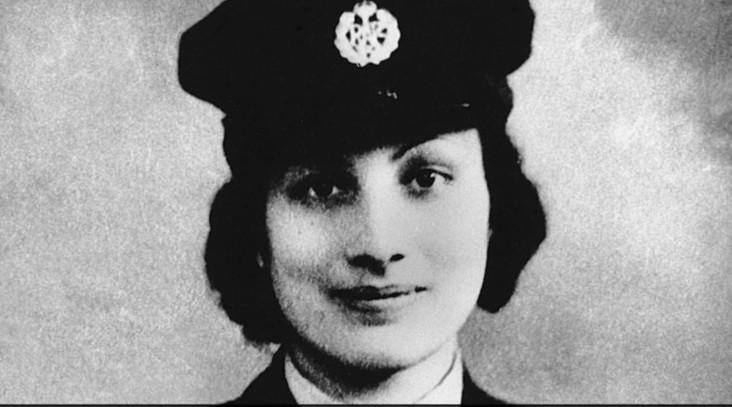
France Honours British Indian Spy & Tipu Sultan’s Descendant Noor
In a remarkable tribute, France has honoured Noor Inayat Khan, a descendant of the legendary Indian ruler Tipu Sultan and a World War II undercover British agent, with a commemorative postage stamp. This makes Noor the only Indian-origin woman to receive this prestigious tribute. The news of the commemorative stamp has sent shockwaves of pride and nostalgia across the globe, especially among the Indian diaspora community.
Noor Inayat Khan, a woman of immense courage and conviction, was born on January 2, 1914, in Moscow, Russia, to an Indian father and an American mother. Her father, Inayat Khan, was a Sufi musician and teacher who belonged to the noble family of Tipu Sultan, the 18th-century ruler of Mysore. Noor’s early life was spent in London and Paris, where she developed a passion for music, writing, and languages. She was a skilled harpist and writer, and her works were published in various French magazines.
However, Noor’s life took a dramatic turn with the outbreak of World War II. She joined the Women’s Auxiliary Air Force (WAAF) in 1940 and later became a wireless operator for the British Special Operations Executive (SOE). Noor was sent to Nazi-occupied France in 1943, where she worked undercover, transmitting vital information back to London. Her bravery and quick thinking helped her evade capture on multiple occasions, earning her the respect and admiration of her colleagues.
Tragically, Noor’s luck ran out in October 1943, when she was betrayed by a French double agent and arrested by the Gestapo. She was subjected to intense interrogation and torture but refused to divulge any information about her colleagues or the British war effort. Noor was eventually sent to the Pforzheim prison in Germany, where she was kept in solitary confinement for several months.
In September 1944, Noor was transferred to the Dachau concentration camp, where she was brutally beaten and executed by the Nazis. Her last words, “Liberté,” a testament to her unwavering commitment to the cause of freedom, have become legendary.
Noor’s bravery and sacrifice did not go unnoticed. She was posthumously awarded the Croix de Guerre, France’s highest civilian honour, and the George Cross, Britain’s highest award for civilian bravery. Her story has inspired countless people around the world, and her legacy continues to be celebrated through various forms of media, including books, films, and documentaries.
The commemorative postage stamp issued by France is a fitting tribute to Noor’s memory and a testament to the enduring friendship between France and India. The stamp features a portrait of Noor, along with a brief description of her bravery and achievements. It is a reminder of the significant contributions made by Indian-origin individuals to the global war effort during World War II.
Noor’s story is also a powerful reminder of the importance of diversity, inclusion, and women’s empowerment. As a woman of Indian origin, Noor faced numerous challenges and biases throughout her life, but she refused to let them hold her back. Her courage and determination have inspired generations of women and girls around the world, and her legacy continues to be a source of inspiration and motivation.
In conclusion, the commemorative postage stamp issued by France in honour of Noor Inayat Khan is a well-deserved tribute to a truly remarkable woman. Noor’s bravery, sacrifice, and commitment to the cause of freedom have left an indelible mark on history, and her legacy will continue to inspire people around the world for generations to come.





